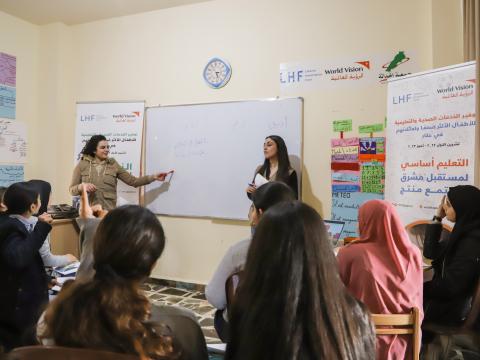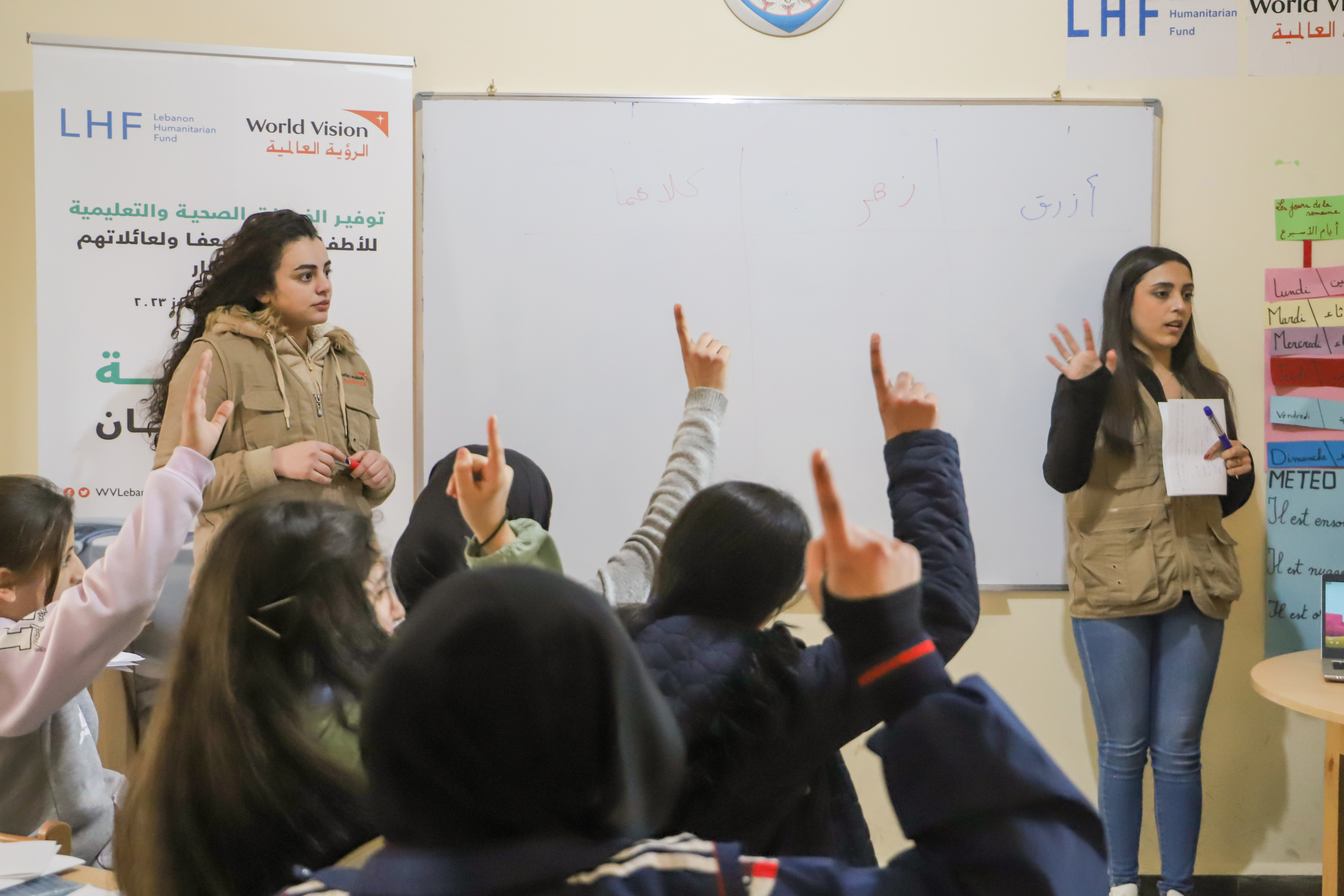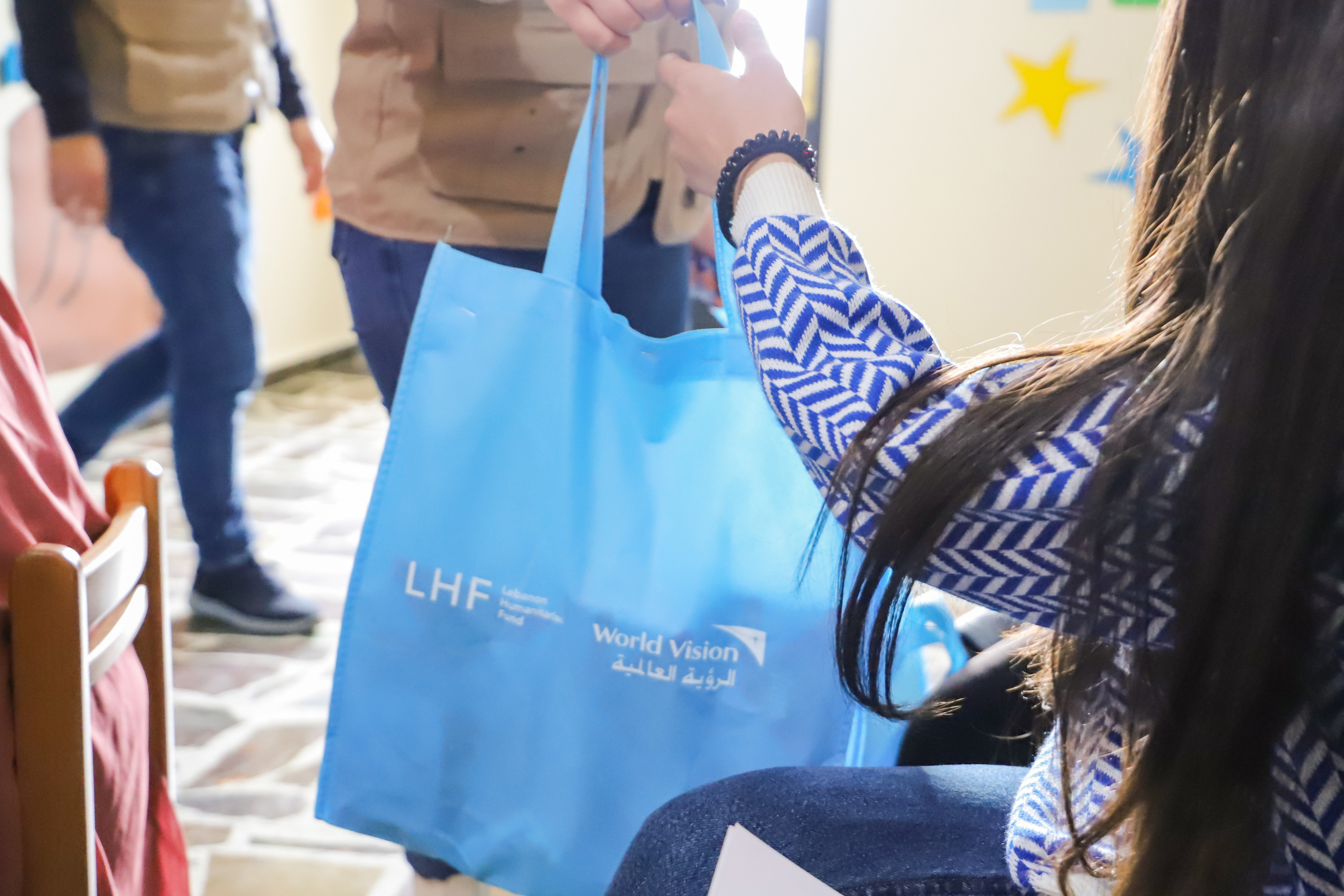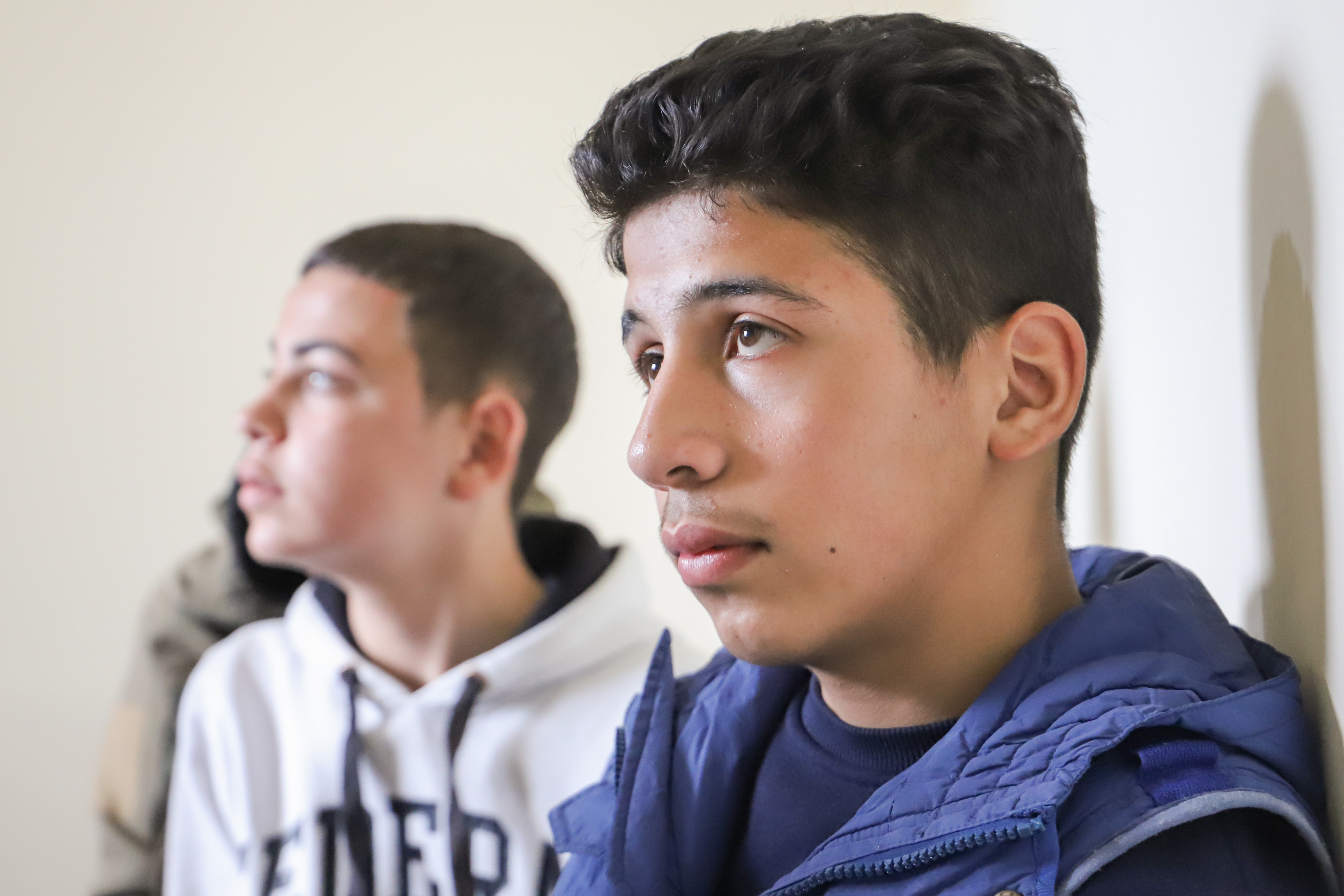Positive hygiene behaviours for a dignified life

Good hygiene is essential for preventing the spread of infectious diseases and helping people lead long and healthy lives. It also boosts confidence by dealing with bad odours and unclean bodies. In Lebanon, many children live in conditions that make it difficult for them to maintain good hygiene. Unhealthy children can lead to missing school, resulting in worst learning outcomes.
World Vision, supported by the Lebanon Humanitarian Fund (LHF), is providing children in Akkar and Wadi Khaled with awareness-raising activities on hygiene-appropriate behaviours. Children are receiving key information on practising good hygiene behaviours to further control the risks associated with limited access to water and sanitation services, decrease waterborne disease transmission risks, and help maintain their basic right to a healthy and clean life. “The distribution and implementation of hygiene programs are vital for improving the health and well-being of vulnerable children. Many of these boys and girls have a limited understanding of hygiene practices, adolescence, and gender-based violence. By providing informative sessions, we are raising awareness and promoting positive behaviours to ensure their overall health and safety,” explains Georges Abi Saad, World Vision Project Coordinator.
Under this project, girls aged 12 and above are attending awareness sessions in Halba, north of Lebanon to learn more about healthy habits during the menstrual cycle, personal hygiene and gender-based violence. “We are learning a lot of important information that we were not aware of. For example, I always thought that it is bad to take a shower every day during my menstrual period, but during the session, I learned that it is best to take a daily shower to maintain good hygiene,” says 14 years old Malak.

The country is going through one of the worst global economic crises and poverty is soaring to reach around 80 per cent of the population. According to the COVID-19 rapid needs assessment that Plan International carried out in April 2020, 66% of the girls living in Lebanon cannot afford to buy sanitary pads and other related products, noting that presently the percentage is believed to be much higher. “Our household consists of six members. My father is working but our financial situation is very bad and everything is expensive. I never thought that it would be difficult to just buy menstrual pads,” say Malak. In addition to the sessions, Malak also received a menstrual kit consisting of three soap bars and six packs of menstrual pads. “ I am thankful for this support since it will ease some financial burdens on my family.”

As for Zeina, she enjoyed the sessions because she learned a lot of new information. “I learned that doing daily exercises will reduce the pain associated with the period. I also learned that I need to take daily showers to have a healthy body,” says the 13 years old. “I also learned that I need to change the menstrual pad every three hours or so. It is possible to do so now thanks to the kit we are receiving.”
Simultaneously, boys aged 11 and above are taking part in awareness sessions on personal hygiene, adolescence and gender-based violence. “We are learning the importance of hygiene in our daily lives. It is important to wash our hands before and after going to the toilet, and the same applies to eating. It is also important to have a shower every day along with changing our underwear. In addition, we should not play with pimples on our faces,” says Mhammad 14 years old. “Having good hygiene means having a healthy life without diseases or infections.”

Under this project, 520 girls and 400 boys are learning essential information on how to stay healthy and away from diseases through good hygiene routines.